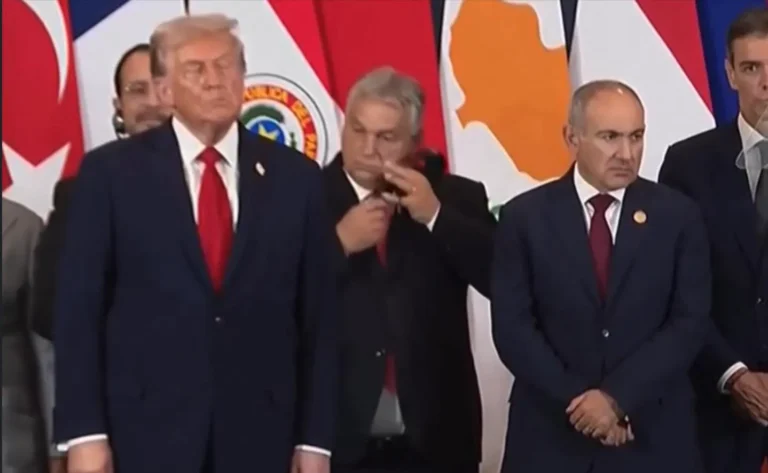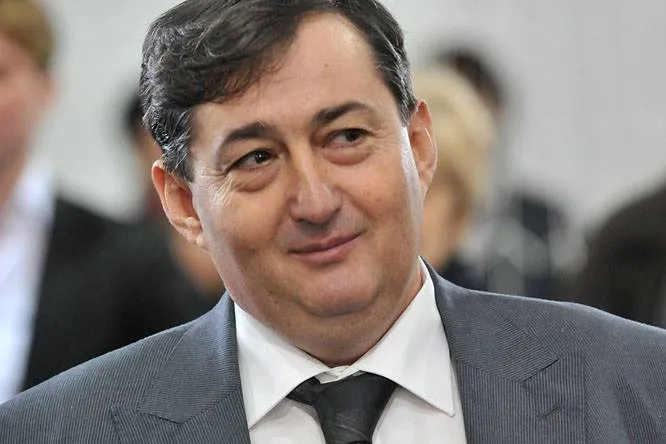Viktor Orbán
Middle Eastern king visits PM Orbán: what’s behind the meeting?

Orbán explained how Trump may help him before the 2026 Hungarian elections – this could be a big story!

Hungarian government: Trump deserves Nobel Peace Prize

PM Orbán’s foreign trips classified until 2030

A new meme source? PM Orbán’s struggle with the interpreting device caught on live video

The latest figures of the Hungarian economy tell a different story than PM Orbán

Trump’s stunning prediction about the result of the 2026 elections in Hungary – video

PM Orbán: Trump will bring peace to Ukraine—if we resist the sirens of war

PM Orbán to launch petition against “Brussels’ war plans”

Spy scandal in Brussels: How the Orbán government’s secret network was exposed

PM Orbán about the Tisza party: they support migration, tax increases, sending money and arms to Ukraine

Will PM Orbán lose his seat in April? Sobering results from the latest poll

PM Orbán talks about incredible minimum wage rise, euro adoption and more helicopter money

Orbán highlights why investors should choose Hungary

Elections approaching: PM Viktor Orbán announces cheap loans for businesses

Orbán after ANO won in Czechia: Truth has triumphed!

Lőrinc Mészáros’s wealth grows in a year by as much as the annual budget of several Hungarian cities

Political expectations boost the forint: Is the market betting on a Tisza Party victory? Bloomberg says yes





 ZH
ZH IT
IT DE
DE HR
HR NL
NL FR
FR JA
JA RO
RO RU
RU ES
ES TR
TR
